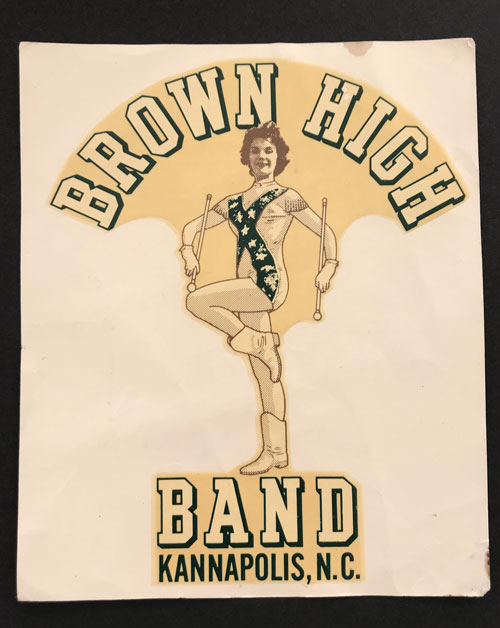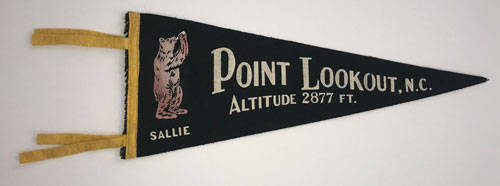“A 1928 advertisement for Lucky Strike cigarettes said, ‘Reach for a Lucky instead of a sweet,’ until the confection industry threatened legal action. In 1930, the ad was rewritten to say, ‘We do not represent that smoking Lucky Strike Cigarettes will bring modern figures or cause the reduction of flesh. We do declare that when tempted to do yourself too well, if you will “Reach for a Lucky” instead, you will thus avoid over-indulgence in things that cause excess weight and, by avoiding over-indulgence, maintain a modern, graceful form.’
“There is some truth to this claim, says George Bray, professor of medicine at the Pennington Biomedical Research Center in Baton Rouge, since cigarettes do ‘stimulate energy expenditure’ (or burn calories) and probably do substitute for snacking for some users. And those who quit smoking do tend to gain weight when they replace the oral gratification of smoking with eating. But no one can call cigarette usage a healthy approach.”
— From “From Lucky Strikes to tapeworms: 7 of the oddest weight-loss schemes of the past were also unhealthy” by Debra Bruno in the Washington Post (Jan. 27)





